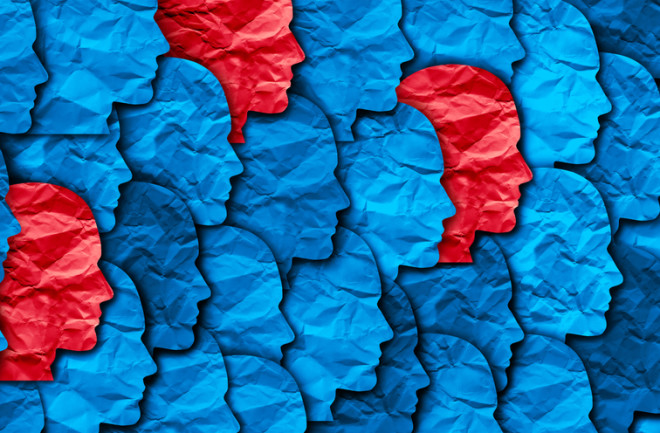As the rest of the world has hunkered down to weather the COVID-19 pandemic, Sweden has remained remarkably open. The government has taken steps like issuing guidelines for Swedes to stay home, banning gatherings of more than 50 people and closing museums. Yet restaurants, schools and parks remain open. Consequently, Sweden’s ambassador to the U.S., Karin Ulrika Olofsdotter, said the country’s capital, Stockholm, could reach herd immunity sometime this month.
Herd immunity is how a society collectively fights off infections to keep the transmission of disease low. The Swedish approach may sound appealing in countries like the U.S., where lockdown measures have crippled the economy. But remaining open has had costs, with elderly people making up 86 percent of Sweden’s more than 2,000 deaths so far. And scientists are still unsure whether individuals who have recovered from the novel coronavirus are immune to further infection — much less whether entire populations can keep the disease from reaching their most vulnerable members.

